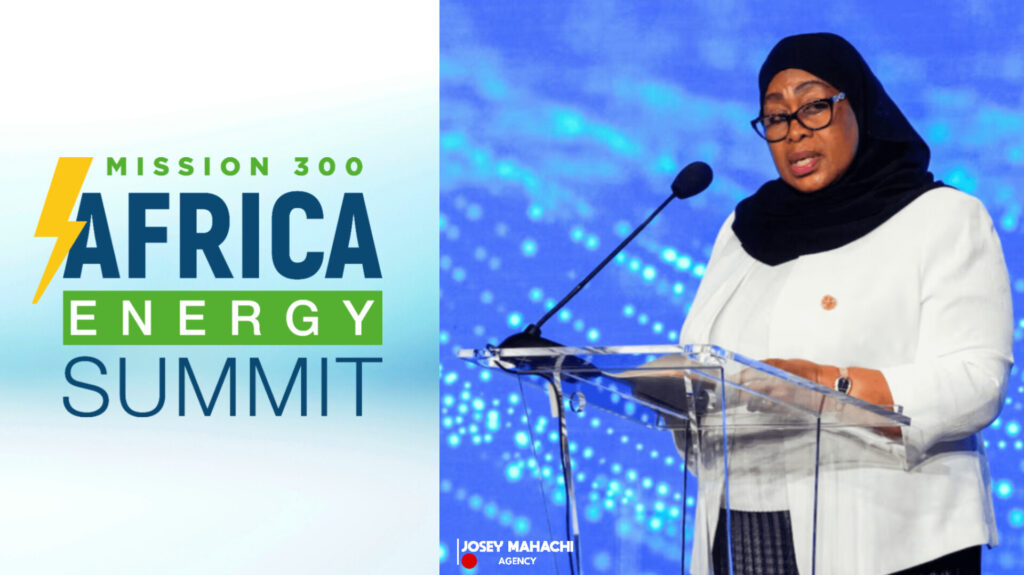By : Lloyd Mahachi
The Africa Heads of State Energy Summit brings together government leaders, key ministers, institutional investors, and industry professionals to shape Africa’s energy future. This summit provides a critical opportunity for stakeholders to come together with a common goal.
Tanzania’s President Samia Suluhu Hassan has demonstrated a commitment to addressing energy challenges with a forward-thinking approach. The country has set a new precedent for embracing renewable energy and energy security.
Africa is poised for transformation in its energy landscape. The continent possesses abundant solar resources, with an estimated 60% of the world’s solar energy potential. However, over 600 million Africans remain without access to electricity.
To address these challenges, African leaders must focus on the needs of their populations, particularly the youth. The younger generation is demanding accountability and practical solutions to the energy crisis. One key area where African countries can make a significant impact is in promoting the use of liquefied natural gas (LNG) for cooking.
Local companies can play an essential role in this transformation, and policymakers must support these local ventures. The use of LNG for cooking has numerous benefits, including reducing greenhouse gas emissions and improving indoor air quality.
Climate change will undoubtedly affect the trajectory of Africa’s energy sector. To avoid becoming uninhabitable due to climate change, there must be a concerted effort to ensure that energy policies are aligned with environmental goals.
The establishment of energy banks in Africa is another crucial step towards achieving energy security. These institutions would provide much-needed funding for energy infrastructure projects, enabling countries to transition to cleaner and more reliable energy sources.
As the Energy Summit unfolds in Dar es Salaam, African policymakers must take proactive steps to adapt to global shifts. The energy sector should be approached with a social contract that prioritizes affordability, access, and sustainability.
Subsidies for energy should be considered to ensure that the most vulnerable populations have access to reliable and affordable energy sources. Furthermore, policymakers must prioritize energy efficiency, promote the use of renewable energy sources, and develop sustainable energy infrastructure.
Looking ahead, it is critical that Africa’s leaders think beyond short-term solutions and focus on long-term strategies for energy security and sustainable development. The actions taken during this summit will have a profound impact on the future of Africa.
The Africa Heads of State Energy Summit is a unique opportunity for African leaders to come together and shape the continent’s energy future. It is essential that they seize this opportunity and work towards creating a sustainable and prosperous future for all Africans.
Editor : Josephine Mahachi

